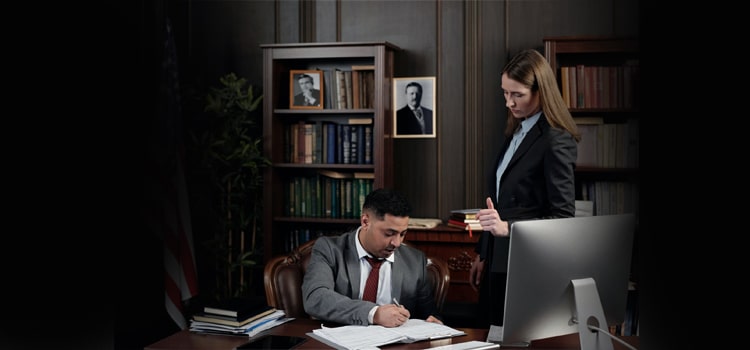In the complex and intricate world of legal proceedings, barristers stand as pillars of justice, playing a crucial role in the adversarial system. Renowned for their expertise, eloquence, and extensive legal knowledge, barristers serve as advocates, advisors, and specialists in various legal matters. This article delves into the multifaceted role of a barrister, exploring their responsibilities, qualifications, and the indispensable contributions they make to the legal system. /mortgageblogpro.com/
Table of Contents
Qualifications and Training:
Becoming a barrister is no easy feat, requiring a rigorous and specialized education. Typically, individuals interested in pursuing a career as a barrister first obtain an undergraduate degree in law. Subsequently, they undergo further training at a Bar school, where they acquire practical skills and knowledge specific to advocacy, legal research, and professional conduct.
Upon completing the Bar Professional Training Course (BPTC), aspiring barristers must secure pupillage, a form of apprenticeship where they work under the supervision of an experienced barrister to gain practical experience. Pupillage is a critical phase in a barrister’s journey, providing hands-on exposure to the workings of the legal system and refining their advocacy skills.
Responsibilities and Expertise:
Barristers specialize in providing legal advice and representation in court. Unlike solicitors, who often engage with clients directly, barristers are typically instructed by solicitors to represent clients in court proceedings or to provide specialized legal opinions. Their expertise lies in oral advocacy, legal research, and the ability to interpret complex legal issues.
One of the key responsibilities of a barrister is to analyze cases thoroughly, research legal precedents, and construct compelling legal arguments. They must present their case persuasively in court, cross-examine witnesses, and respond to opposing arguments with agility and precision. Barristers are masters of rhetoric, employing their verbal and analytical skills to navigate the intricacies of the law.
Independence and Objectivity:
An essential characteristic of barristers is their independence. While they may be instructed by solicitors, barristers maintain an objective stance and are duty-bound to act in the best interests of justice. This independence allows them to provide impartial advice and represent clients without any conflict of interest.
Furthermore, barristers adhere to a strict code of conduct that emphasizes integrity, confidentiality, and professional courtesy. These ethical principles underscore the importance of upholding the rule of law and maintaining the highest standards of professionalism. //www.lanozione.com/
Conclusion:
In the realm of legal proceedings, barristers play a pivotal role as advocates, advisors, and specialists. Their journey from rigorous education to practical training prepares them for the complexities of the legal system. Armed with a wealth of legal knowledge, eloquence, and an unwavering commitment to justice, barristers contribute significantly to the fair and equitable administration of the law. As advocates of justice, barristers stand as guardians of the legal system, ensuring that the principles of the rule of law are upheld and justice is served.







